
Reflections on the 39th session of the UN Human Rights Council
At the start of the UN Human Rights Council's 39thsession (HRC39), DefendDefenders' Executive Director Hassan Shirewelcomedthe new UN High Commissioner for Human Rights, Michelle Bachelet. This followed aletter, endorsed by more than 750 human rights organisations, including DefendDefenders, which highlighted the vital role of the High Commissioner in calling out violators. Hassan furtherengagedwith Ms. Bachelet in a meeting she held with civil society. DefendDefenders looks forward to maintaining the close working relationship developed with the Office of the UN High Commissioner for Human Rights (OHCHR) over the years to advance human rights across the East and Horn of Africa sub-region.
A busy session, HRC39 witnessed the adoption of several important resolutions, including one on Burundi. DefendDefenders supported human rights defenders (HRDs) from Burundi and Sudan to participate in the session and strived to make sure decision-makers and other stakeholders heard their voices.

As in 2016 and 2017,Burundiwas high on the Council’s agenda. Debates were held on the OHCHR note regarding the implementation of HRC resolution36/2, and on the finalreportof the Commission of Inquiry (CoI) on Burundi, as per HRC resolution 36/19. The former debate was unprecedentedly short, with only 15 stakeholders taking the floor. We highlighted the precipitous action of the Burundian government to withdraw visas from the experts mandated to implement a resolution it had supported itself. During the interactive dialogue (ID) with the CoI, Pierre Claver Mbonimpacalled, on behalf of DefendDefenders, for the renewal of the mandate of the CoI.
In a side event, our panellists highlighted the ongoing grave human rights situation in Burundi andcalledon states to support the extension of the CoI’s mandate so it can pursue its important investigating and evidence-gathering work. We officially launched two reports.Headlong Rushdocuments Burundi’s appalling behaviour as a member of the Council (2016-2018), whileBetween Despair and Resilienceexamines the situation of Burundian HRDs in exile. Once again, the only responses the Burundian government offered to the CoI’s report were denial and insults. It went as far asdeclaringthe three members of the CoIpersonae non grataeon Burundi’s territory.
In apress release, we stressed the importance of theresolutionadopted by the Council and the fact that Burundi’s obstructive behaviour is a futile attempt to prevent accountability.
Looking atSudan, year after year, resolutions on the country continue to be among the most difficult and frustrating to negotiate at the Council. In 2017, the Sudanese government managed to insert language on "transition” (paving its way out of the Independent Expert’s (IE) mandate) in the resolution addressing its domestic situation. This year, while the government did not succeed in formally inscribing its exit from the Council’s agenda in the resolution that was adopted, the latter remained weak and failed to reflect the situation on the ground. It provides for an end to the IE’s mandate on condition that an OHCHR office be operational in Khartoum. DefendDefendersmaintainsthat the Council should consider Sudan under its agenda item 4, which is dedicated to the gravest situations of human rights violations, notitem 10. We held a side event to highlight the gap between HRC resolutions on the country and the situation on the ground.
We continued to highlight the deteriorating human rights situation inTanzania. Since President John Magufuli took office in October 2015, there has been increased concern aboutTanzania’s crackdown on civic space, as authorities are growing intolerant of critical voices. Following areportwe published in June 2018, and aletterwe sent to states ahead of HRC39 suggesting concrete proposals for oral statements, we have seen increased attention to the country. During the general debate under item 2, the European Union thus raised concerns about restrictions to freedoms of expression and assembly, including "arrests of, and charges against, human rights defenders, journalists, bloggers and members of parliament.”
RegardingSouth Sudan, DefendDefenderswelcomedthe revitalised peace agreement, but stressed that peace should not come at the expense of accountability. We once again called on the South Sudanese government to sign the Memorandum of Understanding to formally establish and operationalise the Hybrid Court for South Sudan. The victims of crimes committed during the war deserve redress and accountability.
Ethiopiahas seen remarkable positive change since Prime Minister Abiy Ahmed took office in April 2018. Building on theopen letterHassan Shire sent to Prime Minister Abiy, weencouragedfurther steps to address systemic and outstanding human rights issues, including the use of excessive and lethal force against protesters, and accountability for violations.
DefendDefenders alsoreactedto the last report of the Independent Expert onSomalia, taking stock of progress and calling on authorities to tackle ongoing issues including impunity, and published apress releasefor the adoption of the outcome of the Universal Periodic Review (UPR) ofDjibouti, on 20 September 2018.
Lastly, as the next Human Rights Council election is scheduled for 12 October 2018 at the UN General Assembly in New York, DefendDefenders coordinated a civil societycallon states to refrain from voting for candidates that are unfit for Council membership. We argue that "doing so will require leaving the ballot blank” for candidates that are unfit. These includeEritrea, which our UN Representativeaddressedin an opinion piece. This year’s election is made close-to-meaningless because of "clean slates” in all regional groups – the fact that all regional groups are running non-competitive slates, presenting the same number of candidates as there are seats available. The only competition that remains is between positive and blank votes. A state needs 97 positive votes to be elected to the Council; however, 97 blank votes would defeat a candidate. DefendDefenders calls on states to leave the ballot blank for Eritrea, which has demonstrated a record of grave human rights violations and non-cooperation with the UN human rights system, making a mockery of the Council’s membership standards.
Version Française
Read more ›
For more information, please contact
Hassan Shire
Executive Director, the East and Horn of Africa Human Rights Defenders Project
on executive@defenddefenders.org or +256 772 753 753
(English and Somali)
Estella Kabachwezi
Senior Advocacy and Research Officer, the East and Horn of Africa Human Rights
Defenders Project
on advocacy@defenddefenders.org or +256 782 360 460
(English)
Nicolas Agostini
Representative to the United Nations (Geneva), the East and Horn of Africa Human Rights Defenders Project
on geneva@defenddefenders.org or +41 798 134 991
(English and French)
East and Horn of Africa Human Rights Defenders Project
DefendDefenders seeks to strengthen the work of human rights defenders throughout the region by reducing their vulnerability to the risk of persecution and by enhancing their capacity to effectively defend human rights.
DefendDefenders focuses its work on Burundi, Djibouti, Eritrea, Ethiopia, Kenya, Rwanda, Somalia (together with Somaliland), South Sudan, Sudan, Tanzania and Uganda. Visit us atwww.defenddefenders.org




 0
0 
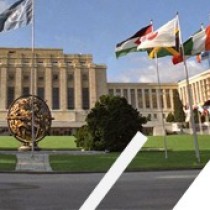

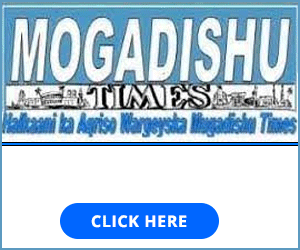
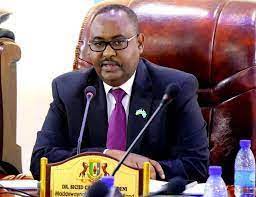
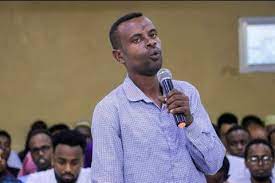
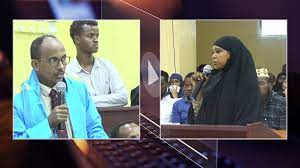
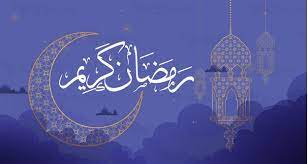
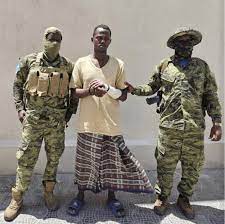


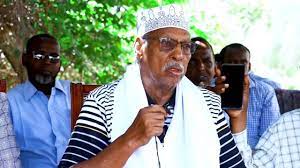
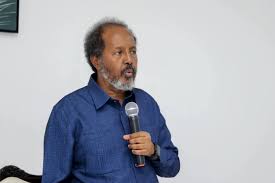
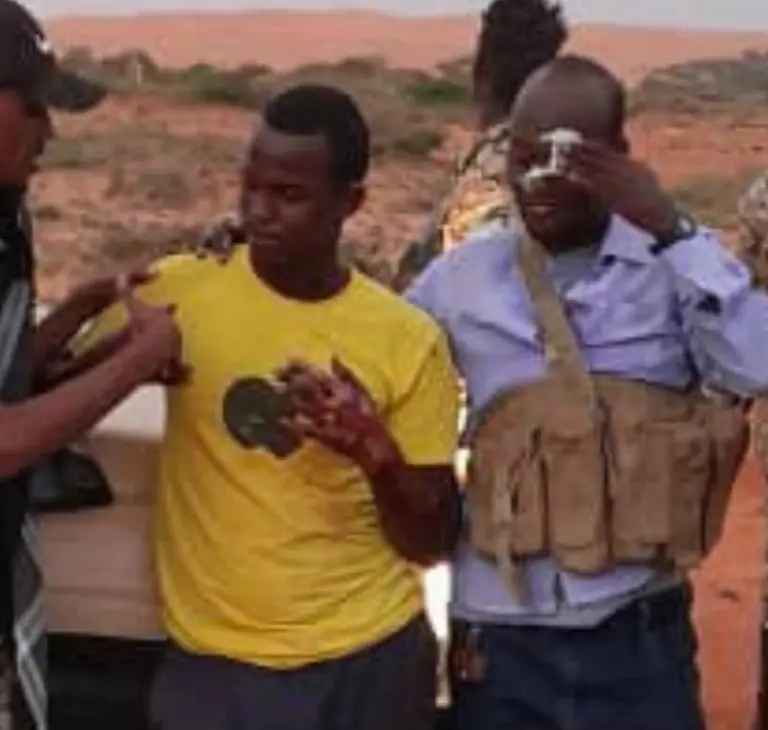
Reflections on the 39th session of the UN Human Rights Council
At the start of the UN Human Rights Council's 39thsession (HRC39), DefendDefenders' Executive Director Hassan Shirewelcomedthe new UN High Commissioner for Human Rights, Michelle Bachelet. This followed aletter, endorsed by more than 750 hu